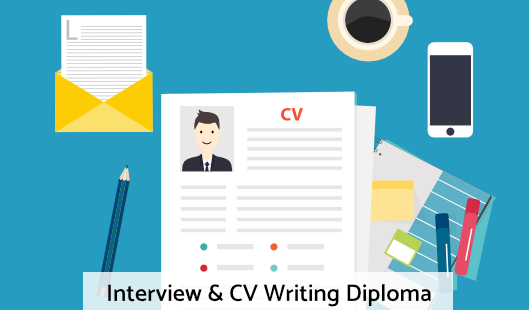Learning Blog
10 Useful Facts About Anxiety and How Awareness Can Help
ccording to reports, one in every six people in the UK suffers from anxiety. Anxiety is currently one of the biggest mental health problems and the underlying issue is a lack of knowledge or information regarding anxiety. Once you know how anxiety works, you can take further steps and practise coping strategies or seek professional treatment.
Read on for 10 facts that everyone should know about anxiety.
1. Anxiety is much more intense than just everyday worry.
It involves feeling a sense of fear, dread and extreme nervousness that can paralyse your normal life and leave you feeling drained. Anxiety requires therapy, while worry is a natural emotion that most of us have experienced at some time. Reading about anxiety and familiarising yourself with the facts can help you offer support to a loved one or family member.
2. A person may suffer from different types of anxiety disorders that co-exist.
For example, a person may suffer from Generalised Anxiety Disorder (GAD) as well as Social Anxiety Disorder. Also, anxiety disorder can coexist with bipolar disorder and schizophrenia and other neurological illnesses.
Understanding anxiety helps to identify signs that yourself or a loved one may need help. Knowledge about anxiety empowers you to take proactive steps to ensure that you seek therapy in a timely and prompt manner.
3. Although anxiety is a mental health disorder, it can manifest in the form of very real physical symptoms.
Persistent physical symptoms can restrict us from doing everyday chores like lifting, bending and so on. The nervousness at the prospect of physical symptoms can also lead to avoidant behaviour. As you learn about anxiety, you will be in a position to identify symptoms that may indicate an anxiety attack.
4. Younger people are more vulnerable to developing anxiety disorders than older people.
Research studies indicate that teens in the UK are experiencing higher levels of loneliness, sadness, isolation and worry, especially since the Covid pandemic. Increased divorce rates and excessive use of social media are cited as some of the reasons for anxiety among teens.
As a parent or caregiver, you can be vigilant about your child and seek help if you observe anxiety symptoms. Untreated anxiety disorders can increase the risk of suicidal behaviour and depression.
5. In general, women are known to be more vulnerable to anxiety compared to men.
This could be attributed to an active ‘amygdala’ – an area in the brain that triggers negative emotion. Hormonal changes and different physiology could also be responsible for the difference. Therapy can help women overcome anxiety symptoms and live happier and more productive lives.
6. Traumatic life experiences could also lead to a significant rise in anxiety levels.
If you find yourself unable to overcome symptoms, you should seek professional intervention. Unresolved anxiety issues can hold you back from living the life that you want. Therapy can help you express your innermost feelings and beliefs.
7. People who suffer from anxiety disorder may find it difficult to concentrate.
The inability to concentrate makes it challenging to hold onto a good job for a meaningful length of time. Chronic anxiety can cripple your job success and keep you from taking up the jobs that you’re good at doing. Anxiety awareness can help you achieve career stability and job success.
8. Anxious parents are more likely to have anxious children.
Genes have been found to be one of the causes of anxiety coupled with environmental factors. However, it’s not necessary that you may inherit the condition. The good news is that whether anxiety is caused by environmental or genetic factors, it is treatable with therapy, breathing techniques and medication.
9. Anxious people often suffer from a negativity bias.
After a meeting or lunch, for example, they will have a higher tendency to brood on perceived negative remarks, facial expressions and body language. Anxiety disorder therapy can help you challenge negative thinking and replace repetitive thoughts with realistic thinking patterns.
10. People who suffer from social anxiety tend to prefer having more personal space.
The normal personal space is about 20-30 cm, but anxious people like to keep a wider space between them and the person(s) that they are talking to.
Even now, anxiety disorders often tend to be dismissed as ‘worrying’ instead of being considered a condition that requires professional therapy and treatment.
Educating yourself about anxiety helps you understand the behaviour of a loved one and you are able to offer support in the right manner. Learning about anxiety will teach you not to give up on loved ones or family when they isolate themselves.
Increasing anxiety awareness can help reduce the enormous economic and human burden associated with anxiety disorders.
Learn with confidence...



 RRP
$100
RRP
$100
Get a FREE Course
Tick this box to Sign up for our newsletter, and get access to the Interview Skills and CV Writing Certificate course for free! By signing up, you agree to our Privacy Notice & Cookie Policy and to receive marketing and related emails from academy+ brands. You can unsubscribe at any time.What our students say about us...
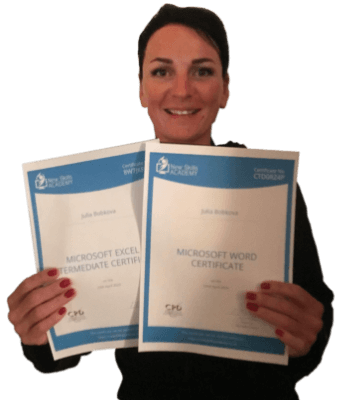
This is a great course for any level of knowledge. Very easy to navigate, great practical tasks and explanations are very clear. You can revise any module with no problem. The test wasn’t too hard if you completed every module. It may be handy to make some notes before you start. Overall I'm very happy with my choice. Thank you New skills for my New skills :)
Julia Bobkova
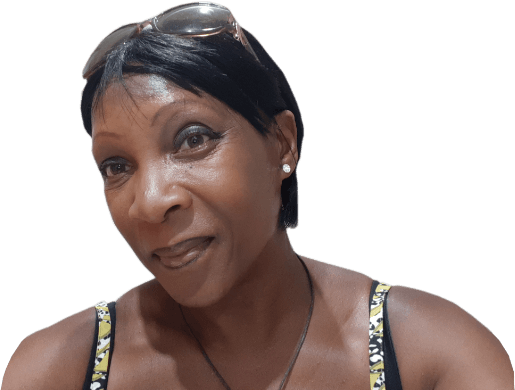
Fantastic course! Well-presented and challenging with frequent assessments. I feel a serious sense of accomplishment having not studied for over 30 years! Videos that accompany each module are carefully thought out and informative. Am so impressed with this course, have now signed up for 3 other courses and recommending New Skills Academy to everyone!
Marva Hudson

I found this course incredibly useful, as it provided me with practical knowledge which I can implement in my role as a Support Worker. The videos were clear and concise, and the downloadable worksheets reinforced what I had learned as I was able to put pen to paper. Overall, a fantastic course for a great price! I am looking forward to taking on my next one.
Teleisha Harley

The course was clearly set out with helpful end of week tests which built my knowledge. Being dyslexic I found the course was set out in an easy to understand way. I was able to pass the test on my first attempt. The downloaded pdf are a useful resource that you can keep forever. Looking forward to the next course
Ross Dunsten

Wow what an incredible insight for the start of anyone's journey in property. This course gives you so much information and there are tests and questions on each of the modules. The course is very easy to follow and well laid out. You can actually make notes on the pages of each module using the notes tab! I am very excited to say that I passed and I only spent one week on this course. I will print all the PDF information and keep it in a file with my certificate. I feel very confident for my future plans now I have completed this course.
Nichola Anderson

Very interesting and helpful course. I ve learned a lot of interesting things about make up and the tutorials were very helpful and easy to understand. I really reccomend this course for everyone who is passionate about make up and wish to develop their skills and make a career from their hobby.
Nicoleta Lucaci
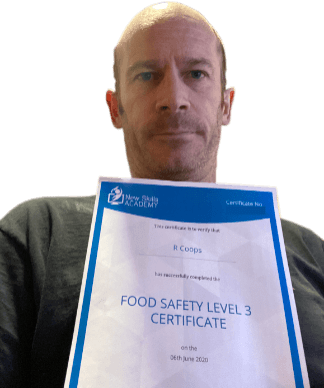
Yet another well laid out course. This is my 3rd course so far with New Skills Academy.
More than likely will be back for another one soon. This course was enjoyable to do, and I learnt a lot and passed first try. My certificate will be up on the wall soon.
Rob Coops
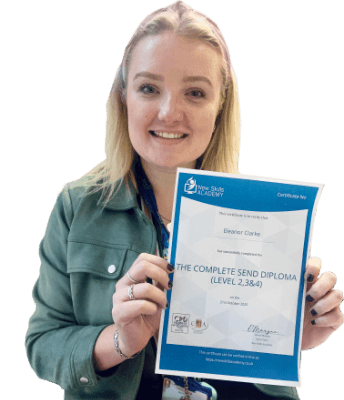
It was an eye opening course that was flexible and easy to access. I was able to complete it from the comfort of my own home whilst also having the tasks to complete which enabled me to check my knowledge. I know feel much more confident in my field of work and really enjoyed doing it.
Ellie Clarke






